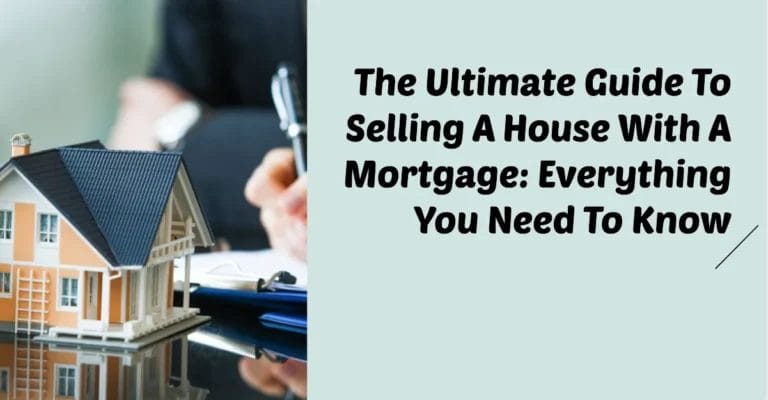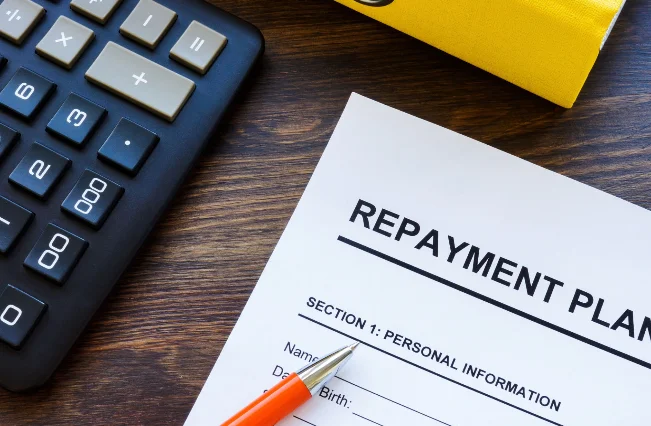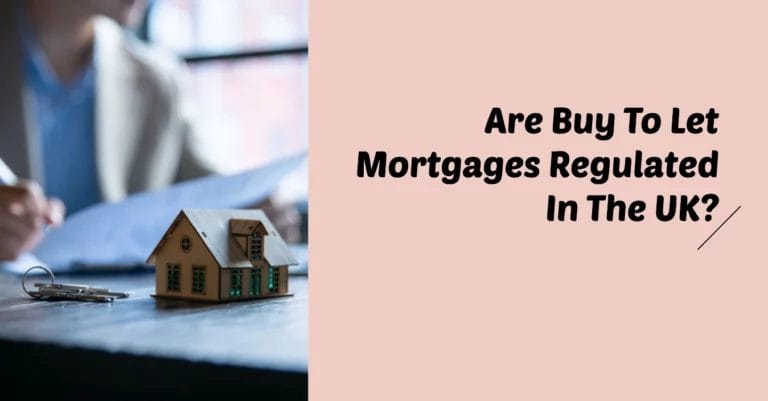Find The Best Bad Credit Mortgage Lenders For You: Expert Advice & Guidance
If your credit score isn’t perfect, most lenders will reject your mortgage application. But some specialists provide loans to borrowers with poor credit histories. These bad credit mortgage lenders understand life happens and look beyond credit scores. They focus on your current finances instead of past mistakes.
You can’t access these niche lenders directly. You need a broker’s help to find the right bad credit mortgage product for your situation. Brokers match applicants with lenders whose criteria fit their credit profile. Even with prior defaults, arrears, or CCJs, they can find your options.
In this guide, we’ll highlight the top options in the UK for bad credit mortgages. While their rates are higher, these lenders provide a lifeline for those unable to qualify with traditional banks.
What is a specialist mortgage lender?
Specialist mortgage lenders cater to borrowers who don’t qualify for traditional mortgages from high-street banks and building societies. They offer niche products designed for applicants with unique financial situations, such as bad credit, self-employment, or irregular income sources.
These lenders take a more flexible, case-by-case approach to underwriting. They look beyond credit scores to understand someone’s full financial profile. Their in-depth expertise is in specialised lending scenarios like adverse credit and non-standard employment.
Below is a list of UK bad credit mortgage lenders who offer a unique mortgage service for people with bad credit. If your credit score is fair, poor, or very poor, these specialist lenders are more likely to be able to help you.
Who are the best bad credit mortgage lenders in the UK?

If your credit score is low, you’ll probably need a mortgage lender that works with people with bad credit. Most of the time, they’re the only ones who will lend.
Our mortgage experts have good connections with bad credit mortgage lenders. They can look at your credit issue and figure out which lender is most likely willing to fund you.
1. Pepper money
Pepper Money is an open lender that helps people with bad credit get mortgages. The way they decide who gets loans is “designed to fit people in interesting situations.” They are willing to look at people who have had money problems in the past or who are self-employed and have a complicated income. Pepper Money only works with mortgage brokers to offer home loans to people with bad credit.
2. Bluestone mortgages
Bluestone Mortgages specializes in mortgages for people with bad credit. They don’t believe in using automatic systems to process mortgages. They don’t use technology; instead, they look at each application individually. They’d like to see more people own their own homes. Because of this, they’ve made a special group of bad credit mortgages. They are for people who don’t fit the usual needs of high street banks.
They look at each person as an individual and decide what to do based on their situation, not their credit score.
We have a good connection with Bluestone Home Loans. Their loan requirements aren’t set in stone, so they won’t just look at your credit score.
3. Vida Home Loans
Vida is another mortgage lender for people with bad credit that only works with middle-men. They specialise in giving mortgage loans to people who have had credit troubles in the past.
They make the hard parts easier. To understand and handle mortgage applications from people with bad credit by using behaviour data and cutting edge technology.
4. Kensington mortgages
Kensington Mortgages is a specialised mortgage lender that helps people get a mortgage with bad credit or other odd circumstances.
They’re one of our trusted partner expert lenders, and we work with them every day to get mortgages for people with bad credit and self-employment.
5. MBS lending
MBS Lending helps people with bad credit get mortgages through mortgage brokers. They might not look at applications from people who have the worst problems.
6. Kent Reliance
As well as savings products, Kent Reliance also gives mortgages, even to people with bad credit. New mortgage applications can only be made through licensed agents.
7. Buckinghamshire Building Society
From its base in Chalfont St Giles in Buckinghamshire comes the Buckinghamshire Building Society, a lender that is owned by its members. They have a variety of mortgage options, such as mortgages for individuals with bad credit.
8. Aldermore
Aldermore has set rates for up to five years. This means that your payments will stay the same while you work on improving your credit. If you’re on a debt management plan, they will also look at your mortgage application.
9. Darlington Building Society
Darlington Building Society is a building society in the UK that will offer mortgages to people with any kind of bad credit or a low credit score.
10. Foundation Home Loans
Foundation Home Loans is a mortgage lender that specialises in helping people in a wide range of financial situations. They think that just because you’ve had money problems in the past doesn’t mean you will again, so if you’ve had credit problems in the past, they’ll be happy to help.
Why is it difficult to get a mortgage with bad credit?

If you want to get a mortgage, the lender will want to see proof that you have taken money properly before and paid it back on time. Lenders will look at your long-term credit records because mortgages are long-term loans.
People who have had trouble paying back loans in the past will see you as a bigger risk, so they will probably be less likely to give you money.
Some things that can hurt your credit score are:
- Credit deal payments that are late or not made at all.
- Going over your agreed credit limit or overdraft.
- Not making your home payments on time.
- Before repossessions.
- Decisions of the County Court.
- It could be bankruptcy, a plan to handle debt, or an individual voluntary agreement (IVA).
- Having someone with debt problems share your account.
If regular lenders turn you down, there are some mortgage lenders who will give you a loan even though the interest rate will probably be much higher. Note that these lenders will accept failures.
If you are having trouble getting a loan, a mortgage broker might be able to help because they know which lenders are more likely to accept you.
What are the best bad credit mortgage rates?
The best mortgage rate for people with bad credit will depend on their situation and the money problems that led to their bad credit.
If you want to get a mortgage but are worried about your credit history, you should talk to a mortgage broker. They can look at your finances and apply to lenders who may be more likely to accept you.
To find you the best bad credit mortgage rate, a mortgage expert will be able to look at deals from various companies.
How mortgage applications affect your credit file
All credit requests appear in your report, so being rejected can hurt your score – especially if it happens multiple times. It’s best to only apply for deals you have a good chance of getting and space applications by 3-6 months.
Even approved applications can temporarily lower your rating from increased debt. However, responsibly making mortgage payments shows financial reliability and can actually improve your credit score over time.
Once you’ve paid down some principal, you may be able to check your credit file and remortgage to better rates. So while new applications carry some risk, mortgages themselves allow you to demonstrate accountability – essential for constructing an attractive, robust profile.
We help match your situation with realistic products so you avoid unnecessary credit checks. And we remain by your side providing ongoing support so you can leverage the positive profile impacts successful home financing can provide.
We make mortgages achievable despite credit challenges
Here at Expert Mortgage Brokers, we specialise in adverse credit mortgages. So we thoroughly understand the difficulties past financial problems can cause when trying to apply for home loans.
If you feel worried your credit report history might hurt your chances, please make an enquiry. Our friendly bad credit mortgage brokers will happily discuss your unique situation, provide guidance on further improving your credit file, match you with appropriate lenders, and work to secure you the best possible mortgage deal – even with past issues.
We pride ourselves on making finance attainable for all circumstances. So whether defaults, CCJs, or other adverse marks are present on your credit rating, don’t assume home ownership is out of reach. Our specialists will explore every option to help you apply for and get the lending you need.






